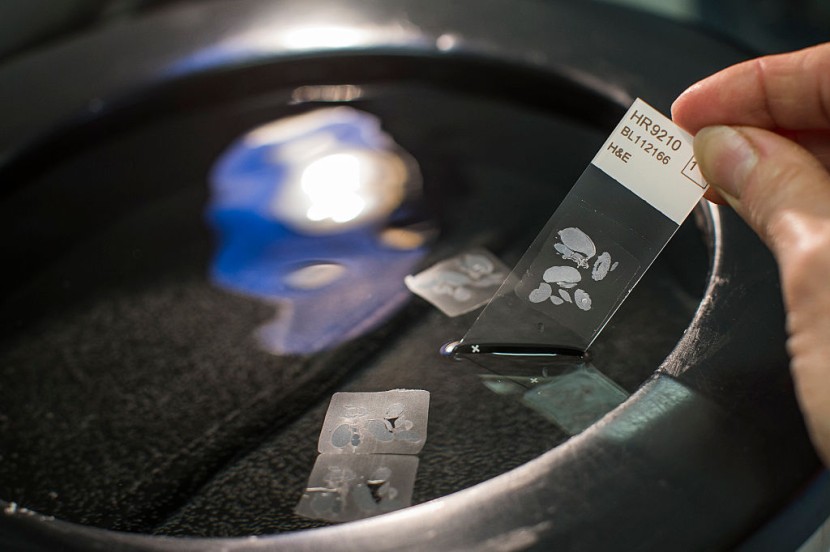
A recent study found that a form of Vitamin B3, nicotinamide riboside (NR), is linked to increased cancer risk and brain metastasis.
The study, led by Elena Goun, an associate professor of chemistry at the University of Missouri, found that the dietary supplement potentially caused the development of triple-negative breast cancer and can cause the illness to metastasize or spread through a person's brain.
Dietary Supplement Linked to Increased Cancer Risk
The medical expert was inspired by her father's death to work toward a better understanding of cancer metabolism or the energy by which cancer spreads inside a human's body. This is because her 59-year-old father died three months after being diagnosed with colon cancer.
Goun became interested in learning more about the function of dietary supplements in the initiation and progression of cancer. This is due to NR boosting cellular energy levels and cancer cells using such energy to fuel their accelerated metabolism.
Due to the widespread commercial availability of the dietary supplement and many ongoing human clinical trials using NR to lessen the negative effects of cancer therapy in patients, Goun considered her team's research crucial, as per LiveMint.
The professor said that some people take dietary supplements because they automatically assume that vitamins only have health benefits and do not have any negative effects on the body. However, very little is known about how they actually work, which is what inspired Goun to study the basic questions surrounding how vitamins and supplements work inside the human body.
Goun noted that once cancer has already spread to a person's brain, there are currently no effective treatments that would help. The findings of the research highlight the significance of thoroughly examining the possible negative effects of supplements such as NR before they are given to individuals who may have a variety of health issues.
According to SciTechDaily, the researchers in the study compared and examined how much NR levels were present in cancer cells, T cells, and healthy tissues. The team came up with a novel imaging technique based on ultrasensitive bioluminescent imaging that allows them to quantify NR levels in real-time without resorting to invasive processes.
Addressing the Negative Effects
Goun noted that she wants to provide information that could lead to the development of certain inhibitors that would help make cancer therapies, such as chemotherapies, more effective in treating the illness. She said that the key to this goal is to look at it from a personalized medicine standpoint.
The professor noted that not all cancers are the same in every infected patient, especially from the standpoint of metabolic signatures. Goun added that in many instances, cancers can even change their metabolism before or after chemotherapy.
The study that Goun led was titled "A bioluminescent-based probe for in vivo non-invasive monitoring of nicotinamide riboside uptake reveals a link between metastasis and NAD+ metabolism." It was published in the journal of Biosensors and Bioelectronics after the funding for it was provided by grants from the European Research Council (ERC-2019-COG, 866338).
The other authors of the study were Arkadiy Bazhin, Pavlo Khodakivskyi, Ekaterina Solodnikova, and Aleksey Yevtodiyenko from MU; Tamara Maric from the Swiss Federal Institute of Technology; Greta Maria Paola Giordano Attianese, George Coukos, and Melita Irving from the Ludwig Institute for Cancer Research in Switzerland; and Magali Joffraud and Carles Canto from the Nestle Institute of Health Sciences in Switzerland, Medical News reported.
© 2026 HNGN, All rights reserved. Do not reproduce without permission.








